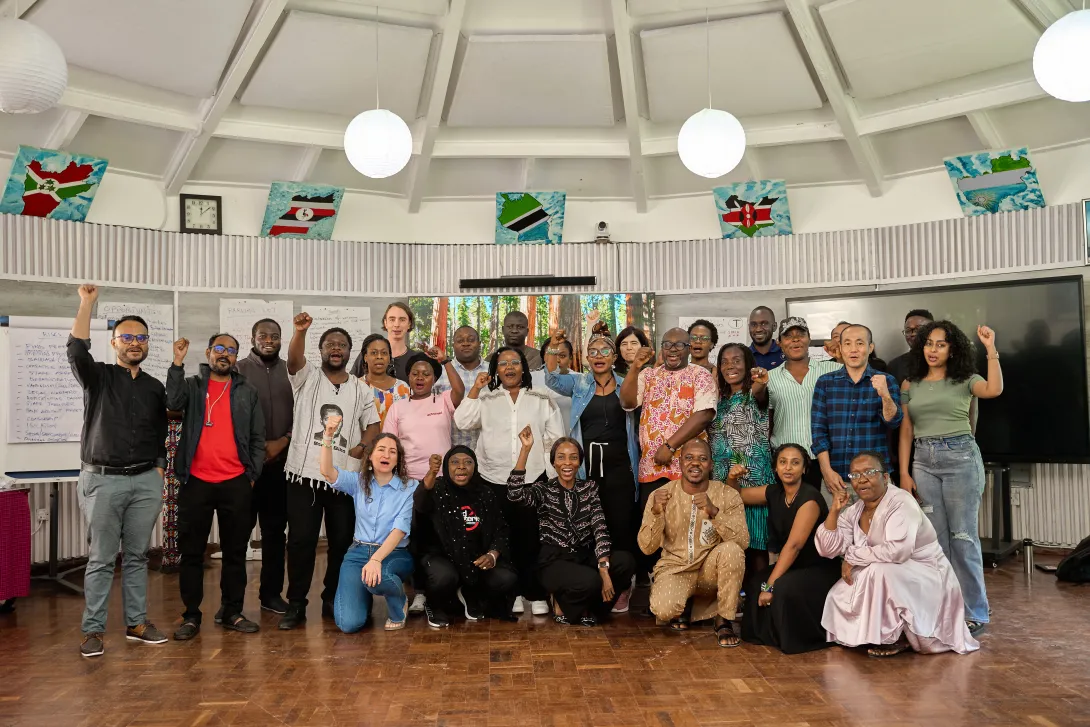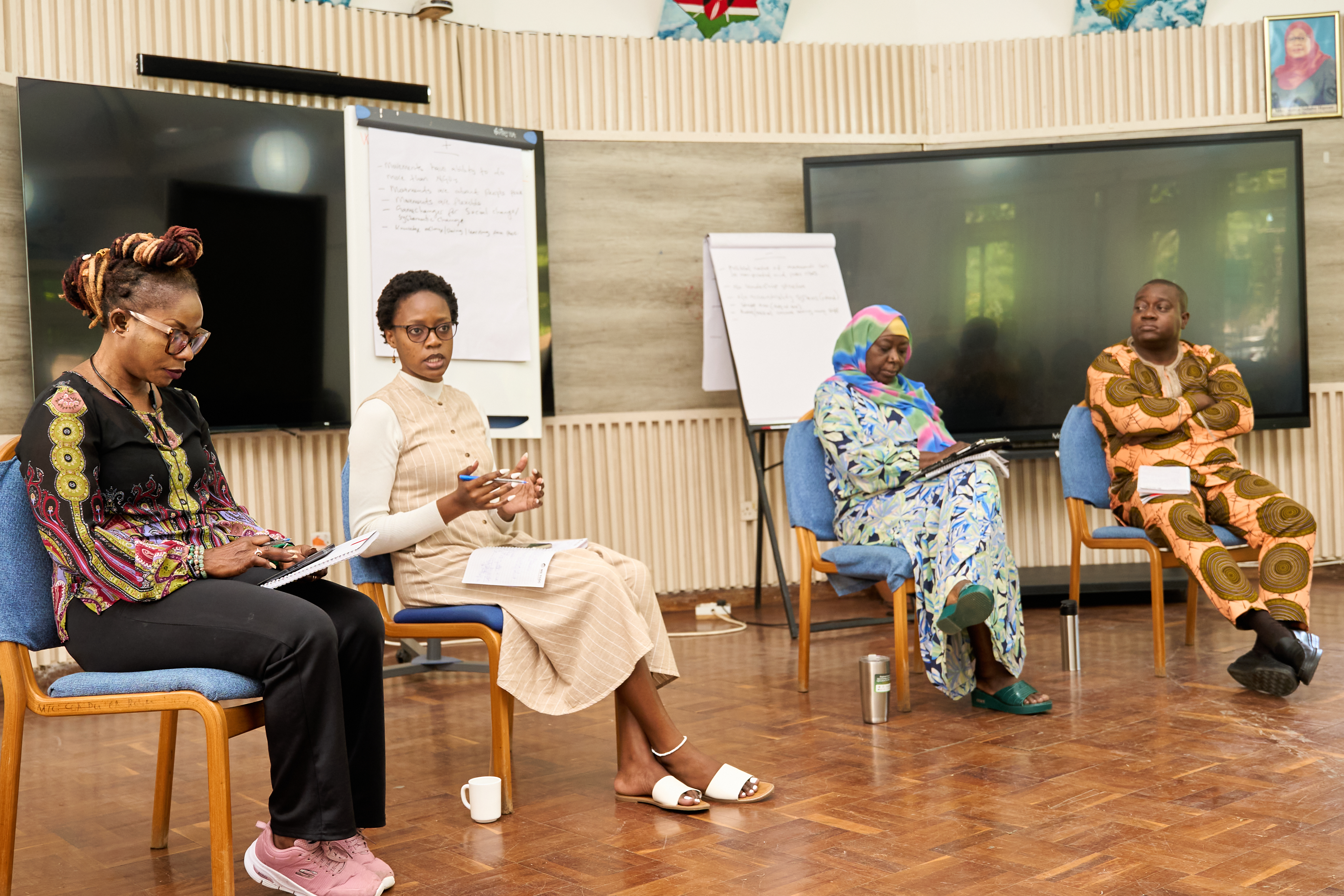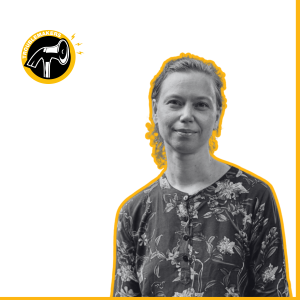
Reimagining Social Justice Through a Movement Mindset Lens
Addressing the root causes of injustices can remain a challenge to Civil Society Organisations if our internal systems are not transformed.

Traditional CSO models, often centred on service delivery and advocacy within institutional frameworks, are easily challenged by the urgency of systemic crises such as climate issues, inequalities, and rising authoritarianism. These challenges require more direct actions that go beyond traditional advocacy and movements have proven to be the driving force behind transformative change.
Building a Movement Mindset training supports organisations in transitioning culture and practice to better understand and support social movements and achieve systemic change together. In February 2025, the second cohort of the training brought 27 participants from 14 ActionAid countries to learn how ActionAid can strengthen its work and partnerships with social movements.
"At the core of social movement support is our willingness to open up and change our ways of working, while also ensuring we establish mechanisms and frameworks that truly support the work movements do — enabling them to lead the change they want to see in their respective communities." ~ Thomp Luzendi, Building a Movement Mindset Trainer
Many CSOs face the risk of being disconnected from the struggles they seek to address. Movements, on the other hand, their dynamic, adaptive, and responsiveness to real-time challenges weaves that connection, building long-term power beyond short-term project cycles.

This shift goes beyond staying relevant. It recognises that transformative change happens by involving the people most affected by injustice. Those organising in communities and building alternative systems to tackle social issues at the root causes.
"By bringing together diverse movements and co-create the support they need with them, we move away from a prescriptive approach and instead foster grassroots mobilisation and help them advance their own agendas." ~ Lusekelo Naomi Chinyama, Zambia
As CSOs working with movements, shifting power away from top-down models is essential to support grassroots leadership. Movement support should be done from the decision-making processes to be inclusive and intentional. Flexibility in our internal systems, such as reporting, rigorous finance systems, plays a role in shifting the perspective on how change can happen.
At its core, this transition is about reimagining social justice work, not the work organisations do on behalf of the people, but rather working together with the people.







